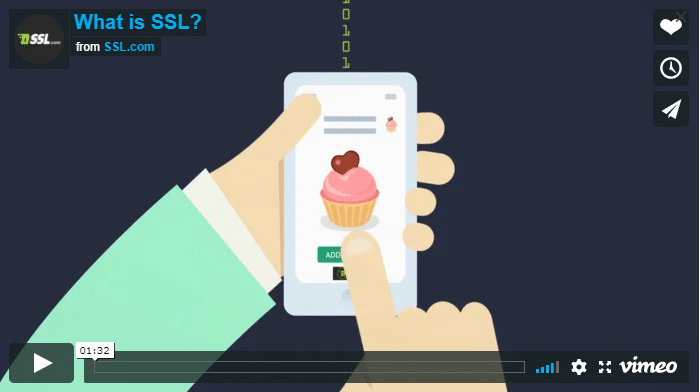SSL.com Blog
Digital Certificate Revocation
Digital certificate revocation is key to PKI security. Learn why it matters and how to manage it in our article.
Read More »
SSL Support Team
August 28, 2024
What is the “Unique Value” Used in Domain Validation (DV)?
Domain Validation (DV) is a crucial step in obtaining an SSL/TLS certificate for your website. A key component of this process is the “unique value” used to verify domain ownership.
Read More »
SSL Support Team
August 28, 2024
Cybersecurity Roundup July 2024
SSL.com and Entrust Form Strategic Partnership SSL.com is proud to announce a strategic partnership with Entrust, where SSL.com will support Entrust’s public TLS certificate lifecycle, ensuring seamless, secure, and robust certificate services. Entrust customers will experience a smooth transition with no service interruptions, continuing to manage their accounts through the
Read More »
SSL Support Team
August 12, 2024
SSL.com and Entrust Form Strategic Partnership
SSL.com is pleased to announce a new partnership with Entrust. This collaboration will see SSL.com supporting Entrust’s public TLS certificate lifecycle, ensuring that Entrust continues to meet the highest standards of reliability and customer satisfaction. Entrust will leverage SSL.com’s expertise and full browser ubiquity to provide seamless, secure, and robust certificate services.
Read More »
SSL Support Team
July 24, 2024
What is a Digital Certificate?
A digital certificate, also known as a public key certificate or identity certificate, is an electronic document that binds a public key to an entity (individual, organization, or device). It contains information about the key, the identity of its owner, and a digital signature from a publicly trusted Certificate Authority
Read More »
SSL Support Team
July 17, 2024
Cybersecurity Roundup June 2024
Maxicare Healthcare Corporation Suffers Data Breach, Alerts Members Maxicare Healthcare Corporation has alerted its members of a potential data breach compromising personal and medical information discovered on June 13, 2024. The breach involved data submitted to Lab@Home, a third-party service. Maxicare reassured members that no immediate action is needed and
Read More »
SSL Support Team
July 15, 2024
Subscribe To SSL.Com’s Newsletter
Don’t miss new articles and updates from SSL.com



